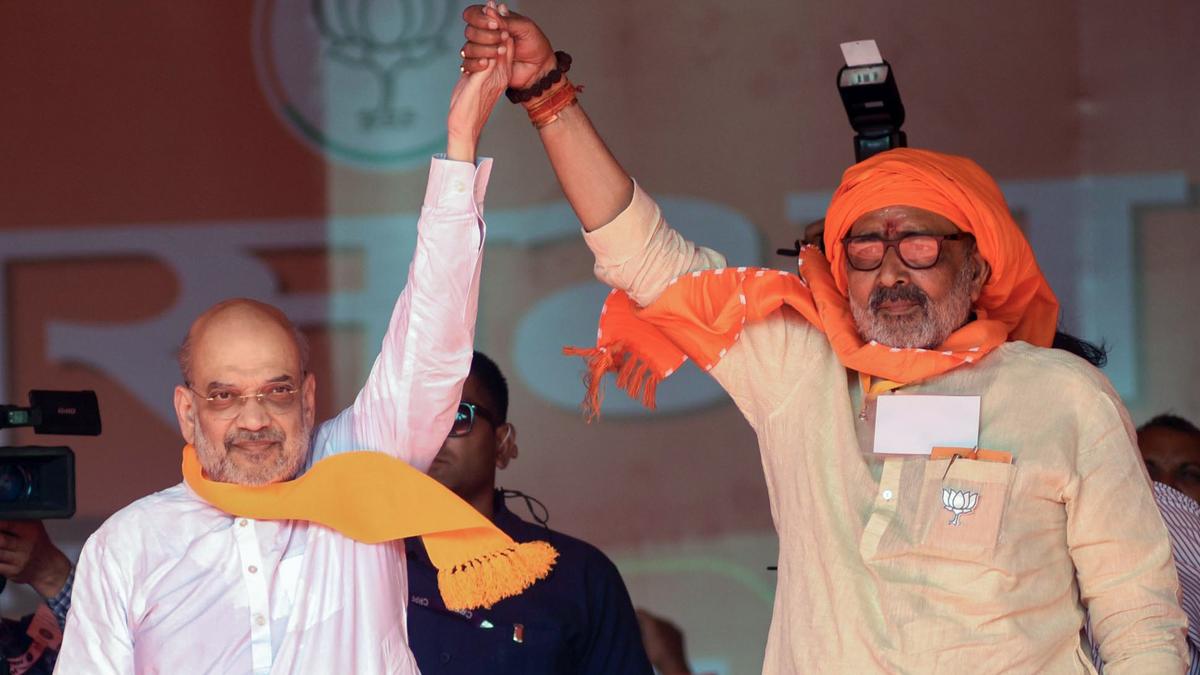Owing to the increasing passenger preference for cashless travel, Karnataka State Road Transport Corporation (KSRTC) is set to adopt a cashless system.
Bus conductors will soon be equipped with Electronic Ticketing Machines (ETMs) capable of accepting Unified Payments Interface (UPI) and other cashless transaction modes.
According to senior KSRTC officials, EbixCash Ltd. has secured a long-term contract to deploy the Intelligent Transport Management System (ITMS) within the organisation.
“EbixCash Ltd. has recently been awarded the long-term contract to conceptualise, develop, construct, install, maintain, operate, and transition to the Intelligent Transport Management System for all State-operated buses under KSRTC,” an official said.
The initial phase of this agreement spans five years and involves the implementation of EbixCash bus exchange solutions incorporating digital payment capabilities aligned with KSRTC’s operational guidelines.
It encompasses the initial installation of 10,245 ETMs across 8,000 buses, with plans to install an additional 15,000 devices over the subsequent five years.
“The ITMS aims to automate fare ticketing and collection comprehensively, encompassing ETMs and associated software. We anticipate that this will streamline operations, fulfilling the long-standing request from passengers for the implementation of cashless transactions in bus ticketing. With many people already transitioning to UPI and other cashless modes, accessing and providing change for cash has become challenging for both passengers and bus conductors. Introducing cashless transactions will be advantageous for both passengers and bus crew members,” officials explained.
EbixCash’s ITMS is expected to offer significant benefits to KSRTC, including the ability to minimise revenue losses, accelerate services for commuters, exert real-time control over bus economics by route, maintain trackability and audit trails of transactions, and streamline management information systems with real-time data.
End commuters will be able to bypass queues and save time by making payments for their tickets using smart cards, both on board and at ticketing points outside the bus, an official added.

 1 week ago
134
1 week ago
134



